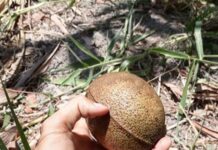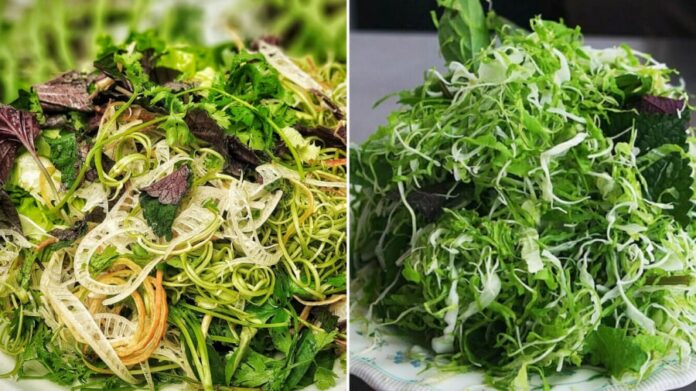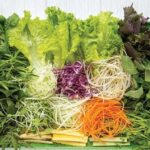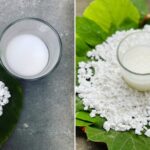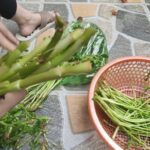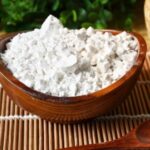Green vegetables are an essential part of our daily diet. They provide our bodies with the necessary fiber for digestion and are a great source of vitamins, minerals, and antioxidants, which help maintain our overall health and well-being.
However, it is important to be cautious when consuming raw vegetables as they can be a potential source of parasitic infections. Warm and humid weather creates an ideal environment for the growth and spread of parasites, worms, and other harmful pathogens. These organisms can attach themselves to the surface of vegetables and find their way into our bodies, causing potential health risks.
Vegetables Prone to Parasitic Infections
- Raw Vegetables
Raw vegetables are commonly used in our daily meals, especially during the summer months, as they provide a refreshing and crisp addition to our dishes. However, these vegetables are also the most susceptible to parasitic infections. Popular raw vegetables such as lettuce, basil, mint, and watercress often carry the risk of parasitic contamination. Consuming these vegetables without proper heat treatment increases the likelihood of ingesting worms and other parasites.
During the growing, harvesting, and transportation processes, parasites can attach themselves to the stems and leaves of the plants. Inadequate washing may not completely remove these unwanted organisms.
It is not uncommon for individuals to experience parasitic infections, particularly roundworm infections, after consuming raw vegetables.
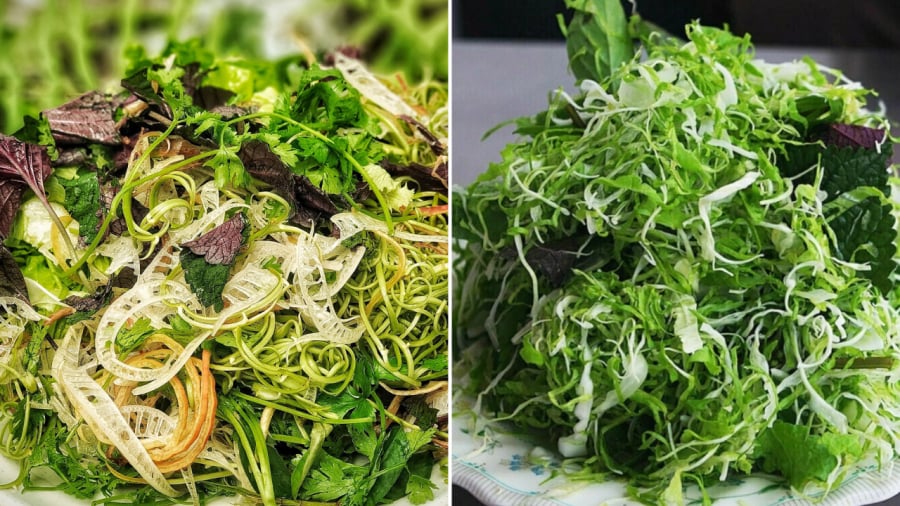
- Aquatic Vegetables
Vegetables grown in water, such as water spinach and water chestnuts, are highly susceptible to parasitic infections, especially when cultivated in stagnant water bodies like ponds or pools. The aquatic environment provides an ideal breeding ground for parasites, and they can spread rapidly through water currents, affecting a large area. Vegetables grown in water are more likely to be contaminated with parasites, particularly flatworms.
Therefore, it is crucial to thoroughly wash these vegetables multiple times with clean water and ensure they are properly cooked before consumption.
- Vegetables with Leaves Close to the Ground
Vegetables with leaves that grow close to the ground, such as cabbage and lettuce, are at a higher risk of parasitic infections as well. The leaves being in close proximity to the ground make it easier for parasite eggs and larvae to attach themselves to the leaves from the soil or partially decomposed fertilizer.
For these types of vegetables, it is essential to thoroughly wash and separate the leaves, avoiding raw consumption. Cooking these vegetables is the best way to ensure the destruction of any potential parasites. Heat is an effective method to eliminate parasitic organisms.
Parasitic infections can lead to various health issues and may even cause severe consequences for one’s health. Mild symptoms of parasitic infections include abdominal pain and indigestion. More severe cases may result in pallor, anemia, intestinal obstruction, and liver damage. In children, parasitic infections can impact their physical and cognitive development.
Precautions When Preparing Vegetables to Avoid Parasitic Infections
When purchasing vegetables, it is important to remove the older parts of the plant, including the roots, wilted leaves, and any damaged portions. For vegetables with overlapping leaves, such as cabbage, separate the leaves to ensure thorough cleaning of any trapped dirt or debris.
When washing vegetables, use a strong stream of water to rinse away any sand, soil, or other impurities that may be present on the surface. Additionally, soaking the vegetables in a dilute salt water solution for 10-15 minutes can help remove any parasites. After soaking, rinse the vegetables again with clean water before consuming or cooking.
As mentioned earlier, cooking vegetables at high temperatures is the best way to eliminate parasites. Therefore, prioritize consuming cooked vegetables and minimize the consumption of raw vegetables.
Raw vegetables, aquatic vegetables, and vegetables with leaves close to the ground are at a higher risk of parasitic contamination. Extra care should be taken when handling and preparing these types of vegetables to ensure your safety and well-being.
4 Popular Seafood Varieties That May Harbor Parasites: A Warning for Seafood Lovers
“Seafood is a beloved delicacy for many, but it can also be a potential health hazard. Certain seafood varieties may harbor harmful parasites that can cause serious illnesses. This introduction aims to highlight the importance of being vigilant when preparing and consuming these four popular seafood choices.”
Who Should Avoid Drinking Tapioca Starch Powder?
Introducing the humble yet mighty cassava powder, a traditional remedy known for its cooling properties and exceptional ability to beat the heat. But hold on, before you dive into this refreshing treat, let’s unravel the mystery of who should refrain from indulging in this seemingly wholesome delight. Uncover the hidden caveats and embark on a journey of mindful consumption with us!
The Ultimate Guide to 2 Veggies Hiding a “Nest of Parasites” – #1 is a Favorite in Vietnam
“A word of caution for all the health-conscious foodies out there: some of your favorite green vegetables may be harboring harmful parasites, especially tapeworms. Believe it or not, two common types of vegetables frequently used in Vietnamese cuisine can become breeding grounds for these parasites if not properly handled and prepared. Stay tuned as we uncover the truth behind these seemingly nutritious yet potentially dangerous veggies, and learn how to protect yourself from unwanted guests!”

















